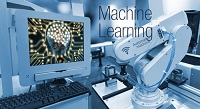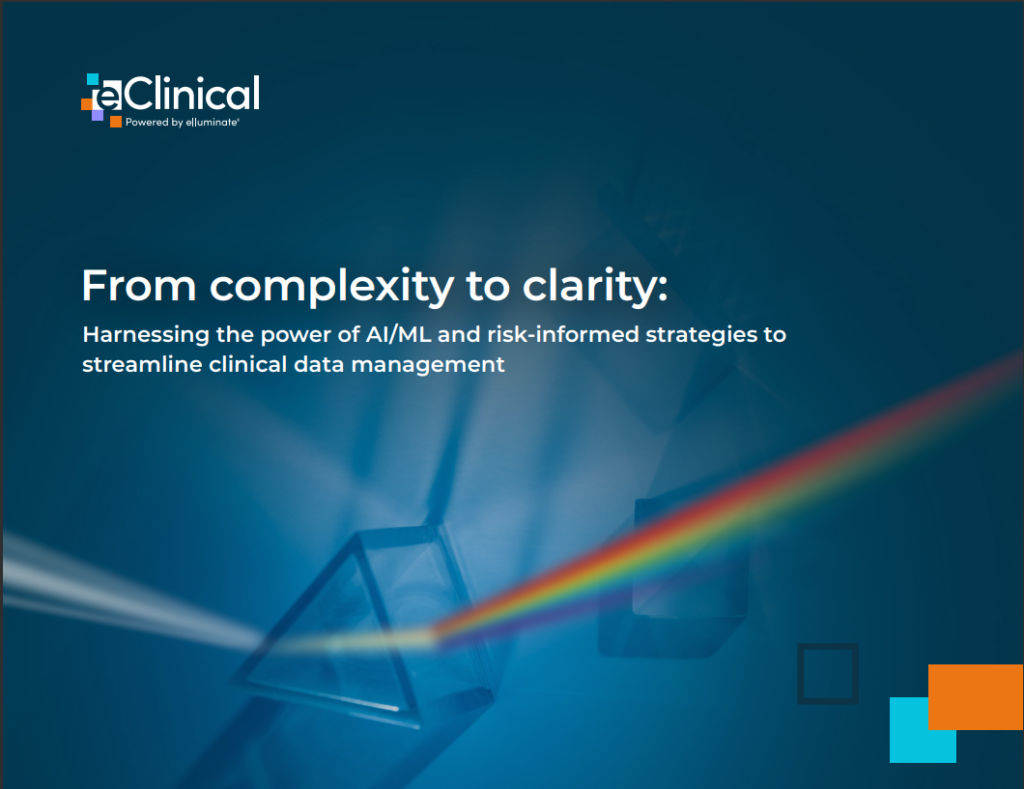Robotic process automation (RPA) is one of the most transformative technologies of the century, allowing enterprises to eliminate tedious tasks, freeing workers to focus on the higher-value, strategic work that only humans can do, and dramatically increasing efficiency and reducing costs in the process.
Businesses have long recognized the potential of RPA to transform the future of work, with the global market emerging as an estimated $100 billion opportunity according to KeyBanc Capital Markets. Gartner further estimates that by 2020, 40 percent of large enterprises will have deployed RPA software.
However, why should the benefit of RPA be confined to the office? Just as AI-powered voice assistants like Alexa or Siri have become ubiquitous in daily life, automation technology is becoming more accessible than ever before. There is incredible potential for RPA to eliminate the mundane from our personal lives, freeing up time to spend with loved ones, pursue our passions, and make the most out of our daily lives.
Based on the current trends, and an ever-growing amount of data for algorithms to feed on, here are three ways RPA could be used to make our personal lives “more human.”
1. Helping us live healthier lives
RPA is already enhancing preventative medicine and healthcare outcomes, allowing healthcare professionals to shift time-consuming, error-prone manual data processing in order to spend more time and focus on their patients’ individual needs.
The emergence of the Internet of Things, like Apple Watches and glucose-monitoring devices, can deliver an even more detailed look at our health in real-time. While humans often struggle to manually and accurately monitor their health and then make sense of this ever-growing mountain of data, machines can do this without breaking a sweat.
Consider a future in which intelligent software bots, synced with all your smart health devices, not only provide customized fitness and dietary plans based on data from your various lifestyle apps, but can actually act on these recommendations – like suggesting and ordering appropriate foods to your door from your grocery app, scheduling workout classes for you, and updating your trainer on progress and appropriate data in real-time.
2. Fixing our commuting nightmares
Prolonged commute times, on top of already-long hours at work, are a major reason why many Americans are dissatisfied with their current employment situations. In fact, studies show that simply adding 20 minutes to your commute can make you as unhappy as taking a 19 percent pay cut.
The good news is that we have access to a vast trove of driving data, allowing us to track the flow of traffic and adjust our map applications in real time to avoid jams – think Waze and Google Maps. The same goes with public transport – we can now track exactly where subway trains and buses are in their routes.
RPA can take this one step further. Imagine being a commuter in New York who rides the subway to work every day. A major train malfunction can leave you stranded and ultimately ruin your workday before it begins. However, a software bot would be able to sync with the live train schedule, identify the delay as it happens, and not only suggest alternative routes – but actively call a Lyft or Uber for you in advance – all before you leave the door. And if you’re still running behind for that morning meeting? Your personal RPA could automatically send a cancellation notice, proactively suggesting new times based on your anticipated arrival, all without you having to hit pause on your morning podcast. It would be a true valet, quietly efficient in the background, understanding your needs and working across your environment to make things happen.
3. Personal finance, automated
From millennials to boomers, people are worried about their financial well-being more now than ever. They have good reason – a Northwestern Mutual study found that one in three Americans has less than $5,000 saved up for retirement, and 21 percent of Americans have no retirement savings at all.
While smart watches can monitor our physical health, RPA can do the same for our financial health – providing not only a live-action snapshot of our spending, monthly bills and income, but one that is prescriptive and proactive. While some AI-driven financial tools do exist, they focus on insights over action. RPA bots can consolidate your digital and financial life not only to help you understand your fiscal habits and financial health but also manage it for you.
For example, you can train an RPA bot to automatically identify and opt out of monthly subscription services you no longer use, that drain your monthly income. RPA could also be used to identify the best deals and time of the year to renew your car insurance or mortgage, shop around and automatically act on this information. (If that does not lead to happier lives, I do not know what will.)
Society is already realizing the potential of automation technology to improve the way we work, with 72 percent of global workers viewing AI and automation as something that will make them more successful rather than replace them. As this technology extends from the office into our personal lives, it will enable us to be the happiest versions of ourselves, lifting large monotonous tasks from our plate, and allowing us to pursue our passions, enjoy more times with our loved ones, and ultimately enhance the human enterprise and society.
About the Author

Prince Kohli is CTO of Automation Anywhere. Prince brings more than two decades of experience in the technology industry. He was most recently senior vice president of engineering at ThoughtSpot, a data analytics company. Prior to this, Prince held senior roles at Ericsson, running global R&D for all digital products with a team of more than 10,000 people and responsibilities for 92 product lines, including building large-scale cloud infrastructure and cloud-hosted management stacks.
Sign up for the free insideAI News newsletter.





Speak Your Mind